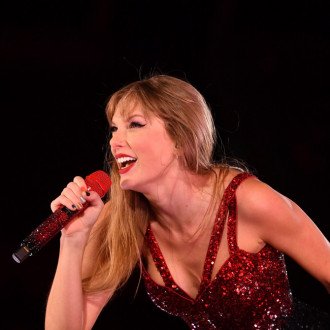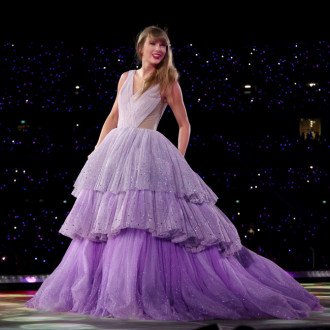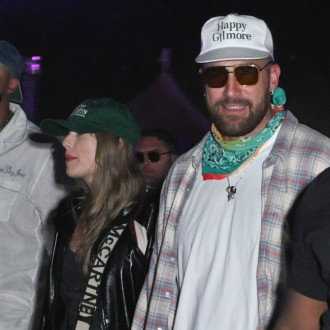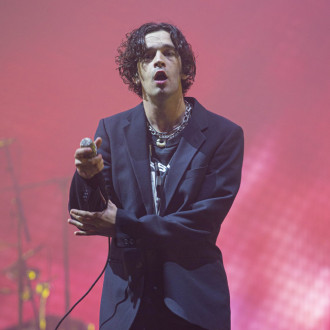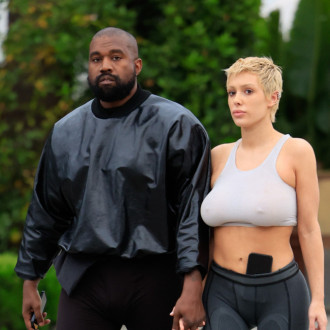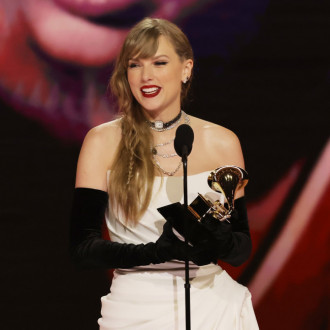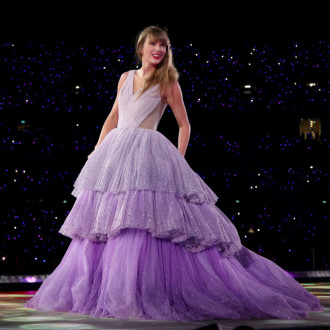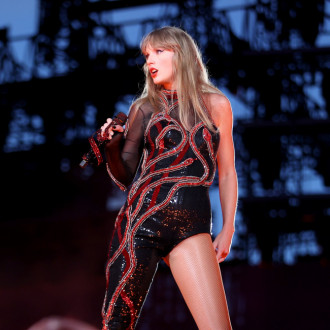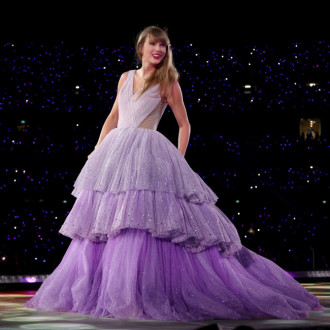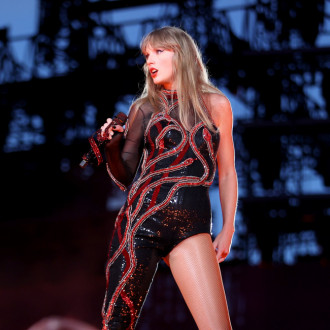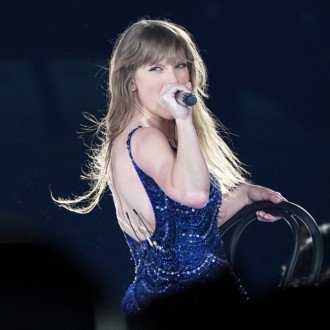Taylor Swift Opens Up About Decision To Pull All Music From Spotify
By Nick Hill in Music / Festivals on 14 November 2014
The 24 year-old singer recently explained that when her music was available on the popular streaming service, she “didn't like the way it felt.”
Taylor Swift's fight against digital streaming services over inadequate royalty payments hit the headlines last week after she removed all of her music from Spotify, which has obviously been a huge blow to the popular streaming site.

Swift removed all her music from Spotify last week
In a cover interview with Time magazine titled 'The Power of Taylor Swift,' the 24 year-old singer finally speaks out on her surprising career move and reveals that after trying Spotify, she "didn't like the way it felt."
More: Taylor Swift's Record Label Hits Back at Spotify's Claims over Pay
"I think there should be an inherent value placed on art. I didn't see that happening, perception-wise, when I put my music on Spotify," she said. "Everybody's complaining about how music sales are shrinking, but nobody's changing the way they're doing things. They keep running towards streaming, which is, for the most part, what has been shrinking the numbers of paid album sales."
So far, her campaign against streaming services hasn't comprised her success. The Grammy-winner's new album '1989' already shifted over 1.2 million copies in its first week of release alone.
On Tuesday (Nov 11th), Spotify's CEO Daniel Ek posted a lengthy blog, defending the company he co-founded, and explained that the biggest stars in the music industry can earn royalties that "exceed $6 million a year."
More: Taylor Swift Definitely Plans On Staying Single, And Is Not Giving Up Her "Independence For Anyone"
However, Swift's main problem is how Spotify offer her songs for free to stream, which decrease her music's value as art. She noted other popular streaming services charge users "for a premium package in order to access my albums."
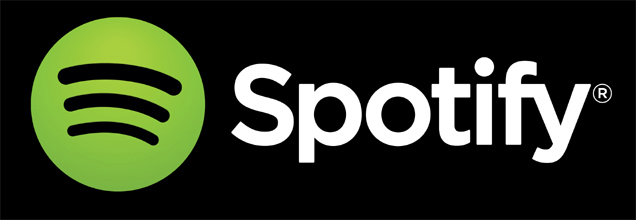
"And that places a perception of value on what I've created. On Spotify, they don't have any settings, or any kind of qualifications for who gets what music," she added. "I think that people should feel that there is a value to what musicians have created, and that's that."
Swift has previously spoken out against free music streams in an op-ed article she wrote in June for the Wall Street Journal, in which she asserts that artists need to take responsibility for their own music. "Music is art, and art is important and rare," she wrote. "Important, rare things are valuable. Valuable things should be paid for."
Contactmusic
Movies and Trailers

The Giver Movie Review
Yet another teen sci-fi adventure, this movie may be sharply well-made but it struggles to...
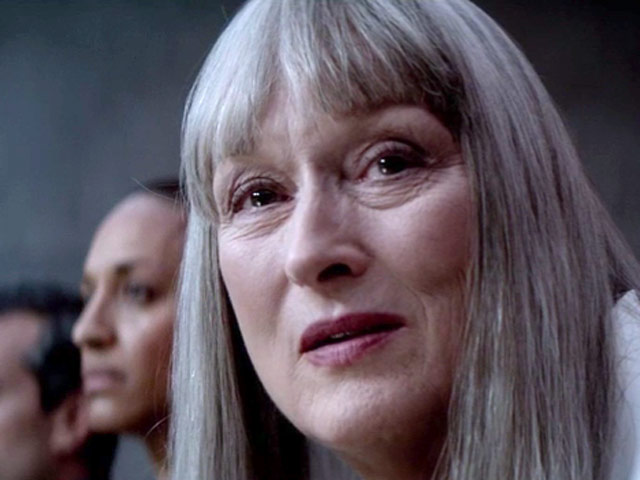
The Giver Trailer
Author Lois Lowry talks about her dystopian sci-fi book 'The Giver' in a featurette ahead...

The Giver Trailer
Jonas is a young man who lives in a community where everybody is the same....

The Lorax Trailer
Ted is a young boy who lives in the perfect town: everything is clean and...

Valentine's Day Trailer
Watch the trailer for Valentine's Day *Chick Flick Alert* Valentine's Day is a romcom set,...

Hannah Montana The Movie Trailer
Watch the trailer for Hannah Montana The MovieHannah Montana has had the feature film treatment....
